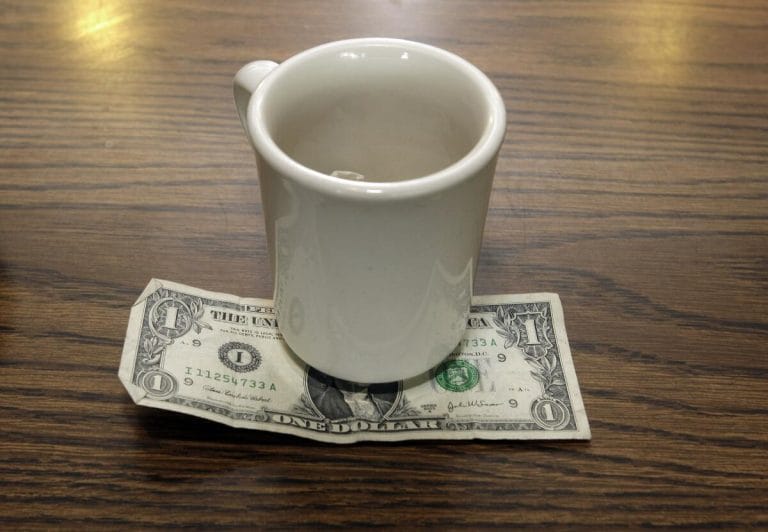🎧 Listen to This Article
President Donald Trump’s pledge to eliminate taxes on tips sounds like a boon for millions of service workers across the United States. This proposal seems like an unequivocal win for servers, bartenders, valets, and other tipped employees who rely heavily on gratuities for their livelihood. However, a closer look at the language of the recent tax bills reveals a much more nuanced reality where many of the promised benefits may be limited or short-lived.
The Promise: 100% of Your Tips, Tax-Free
appealing During his 2024 campaign, Trump famously declared that if you work in a tipping job, your tips will be “100% yours,” signaling an end to federal income tax on these earnings. This could mean more take-home pay for tipped workers, which is an appealing prospect given how crucial tips are in industries like hospitality.
Yet, economists and tax experts caution that the bills under consideration, such as the “One Big Beautiful Bill Act” in the House and the Senate’s “No Tax on Tips Act,” contain several important caveats.
The Reality: Many Tips Remain Taxed or Excluded
The tax break applies only to tips reported to the IRS, leaving out a significant portion of tips that go unreported, an estimated 40% according to past IRS data. This means many workers who receive cash tips “under the table” already keep 100% of those earnings.
Moreover, only “cash tips” are included in the tax exemption. Interestingly, the IRS classifies credit card, debit card, and check tips as cash tips for tax purposes, but non-cash gratuities such as casino chips common in places like Las Vegas are excluded. This omission limits the bill’s benefit in sectors where such forms of tips are prevalent.
Income Limits and Temporary Benefits
The House bill limits eligibility to workers earning less than $160,000 annually, while the Senate’s version caps the tax-exempt portion of tips at $25,000, taxing any tips beyond that. Also, the House bill sunsets the tax exemption at the end of 2028, creating uncertainty for workers relying on this benefit beyond that year.
Only occupations officially designated as “tipped” by the Treasury Secretary qualify for the tax break, raising questions about including workers in roles where tipping is irregular or seasonal, such as camp counselors or delivery drivers.
Social Security and Medicare Taxes Still Apply
Notably, the bills do not exempt tipped income from FICA taxes. Workers will still owe Social Security and Medicare contributions on reported tips, reducing the immediate financial relief.
Potential Social and Economic Effects
There are additional implications to consider. If tipped income becomes tax-free, employers and employees might feel more pressure to redistribute tips to untipped support staff, potentially complicating income flows.
Furthermore, some customers who resent tipping might reduce gratuities altogether if they believe servers are receiving a tax break, ironically reducing workers’ total income.
Conclusion: A Complex Picture
While Trump’s “no taxes on tips” proposal carries popular appeal and bipartisan support, the legislative details reveal a more limited and conditional benefit. The tax break may offer modest relief to some workers but leaves many questions unanswered, particularly regarding long-term effects, coverage scope, and social dynamics.
As these bills continue to evolve in Congress, tipped workers and industry observers must watch closely to understand who truly benefits from this tax policy change.



